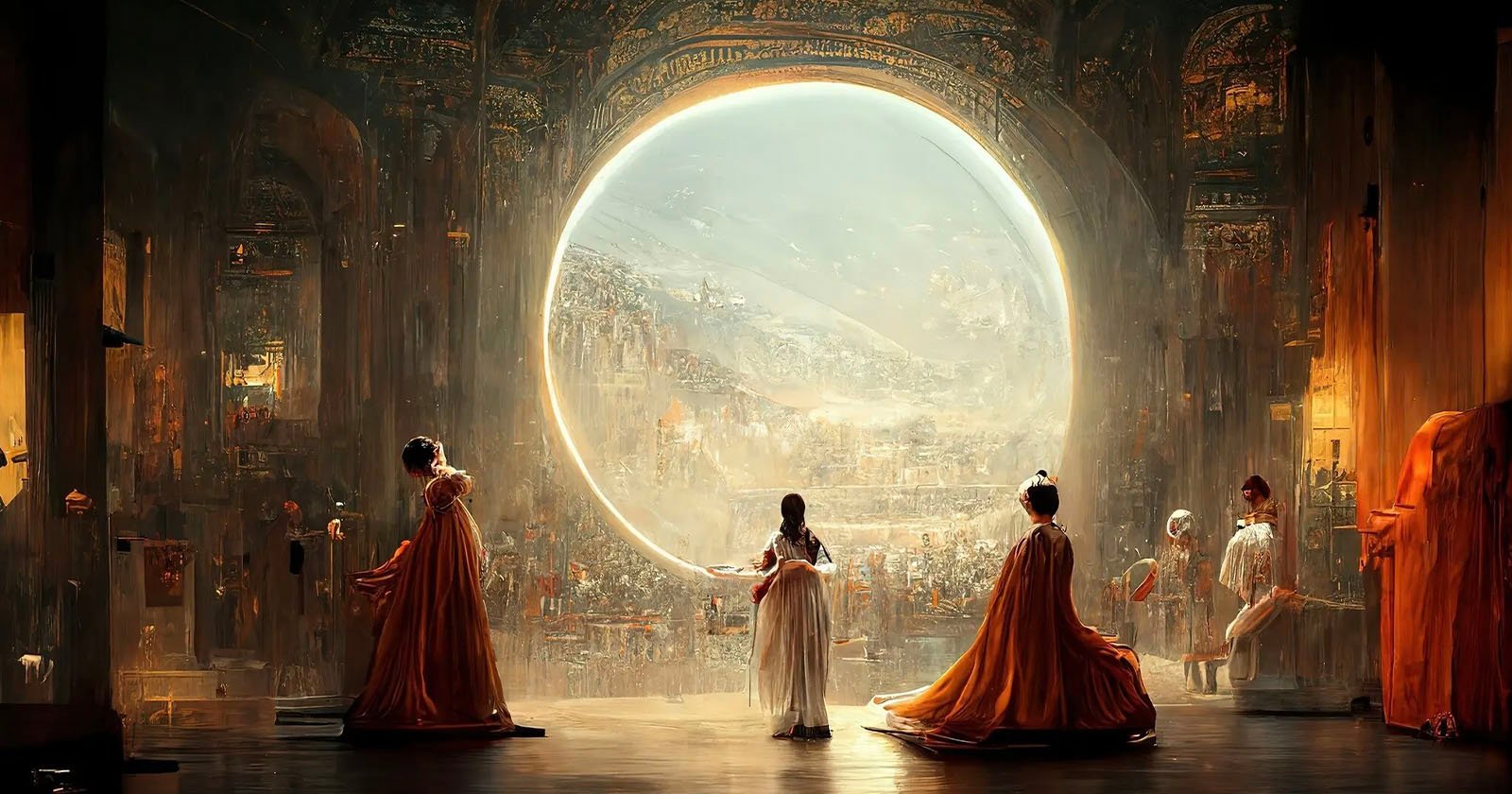An artist who infamously duped an art contest with an AI image is suing the U.S. Copyright Office over its refusal to register the image’s copyright.
In the lawsuit, Jason M. Allen asks a Colorado federal court to reverse the Copyright Office’s decision on his artwork Theatre D’opera Spatialbecause it was an expression of his creativity.
Reuters says the Copyright Office refused to comment on the case while Allen in a statement complains that the office’s decision “put me in a terrible position, with no recourse against others who are blatantly and repeatedly stealing my work.”



There were similar debates about photographs and copyright. It was decided photographs can be copyrighted even though the camera does most of the work.
Even when you have copyright on something you don’t have protection from fair use. Creativity and being transformative are the two biggest things that give a work greater copyright protection from fair use. They at are also what can give you the greatest protection when claiming fair use.
See the Obama hope poster vs the photograph it was based on. It’s to bad they came to an settlement on that one. I’d have loved to see the courts decision.
As far as training data that is clearly a question of fair use. There are a ton of lawsuits about this right now so we will start to see how the courts decide things in the coming years.
I think what is clear is some amount of training and the resulting models fall under fair use. There is also some level of training that probably exceeds fair use.
To determine fair use 4 things are considered. https://www.copyright.gov/fair-use/
This is going to vary a lot from training model to training model.
Creative works have more protection. So training on a data set of a broad set of photographs is more likely to be fair use than training on a collection of paintings. Factual information is completly protected.
-> Amount and substantiality of the portion used in relation to the copyrighted work as a whole.
I think ai training is safe here. Once trained the ai data set usually doesn’t contain the copyrighted works or reproduce them.
Here is where ai training presumably has the weakest fair use argument.
Courts have to look at all 4 factors and decide on the balance between them. It’s going to take years for this to be decided.
Even without ai there are still lots of questions about what is and isn’t fair use.